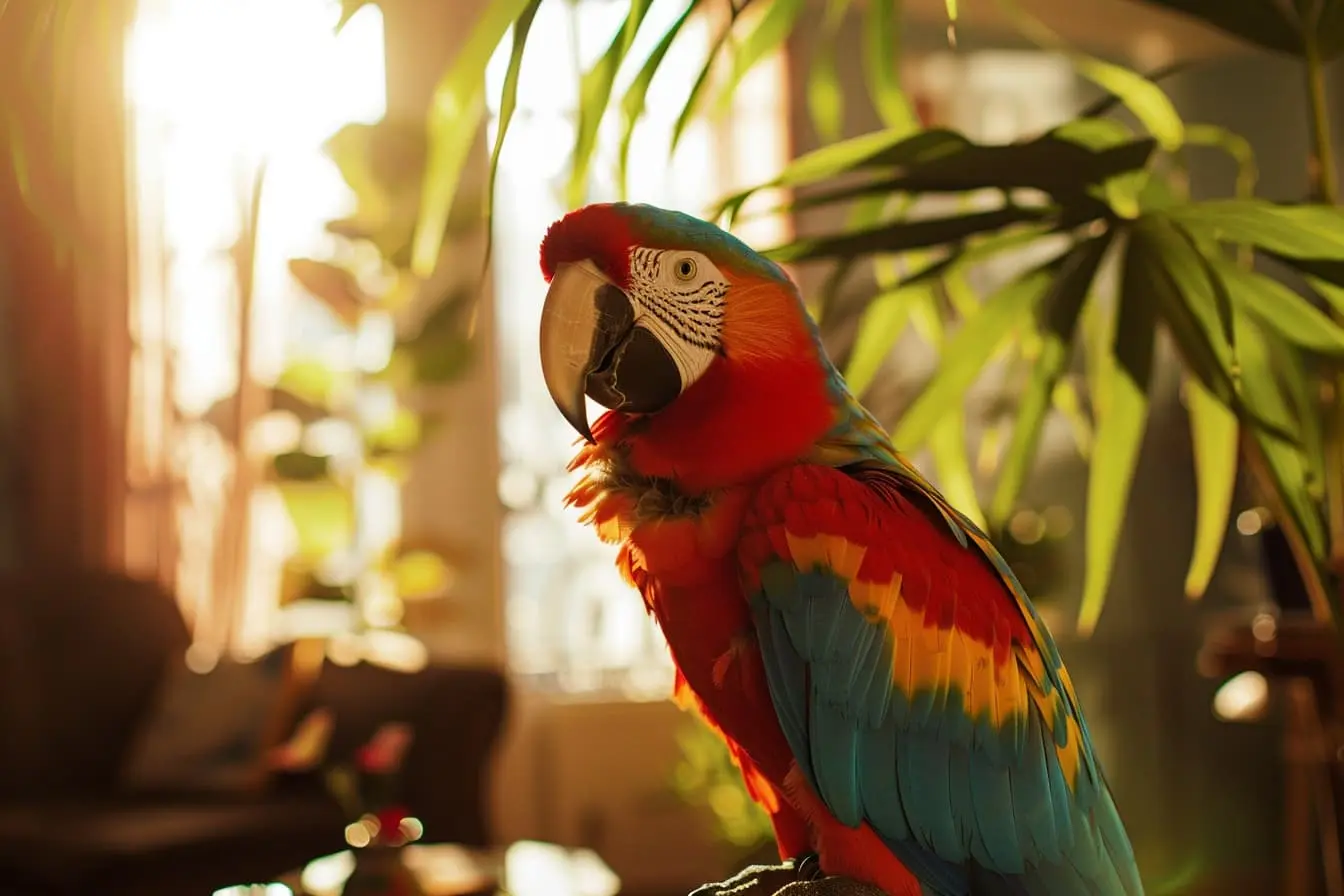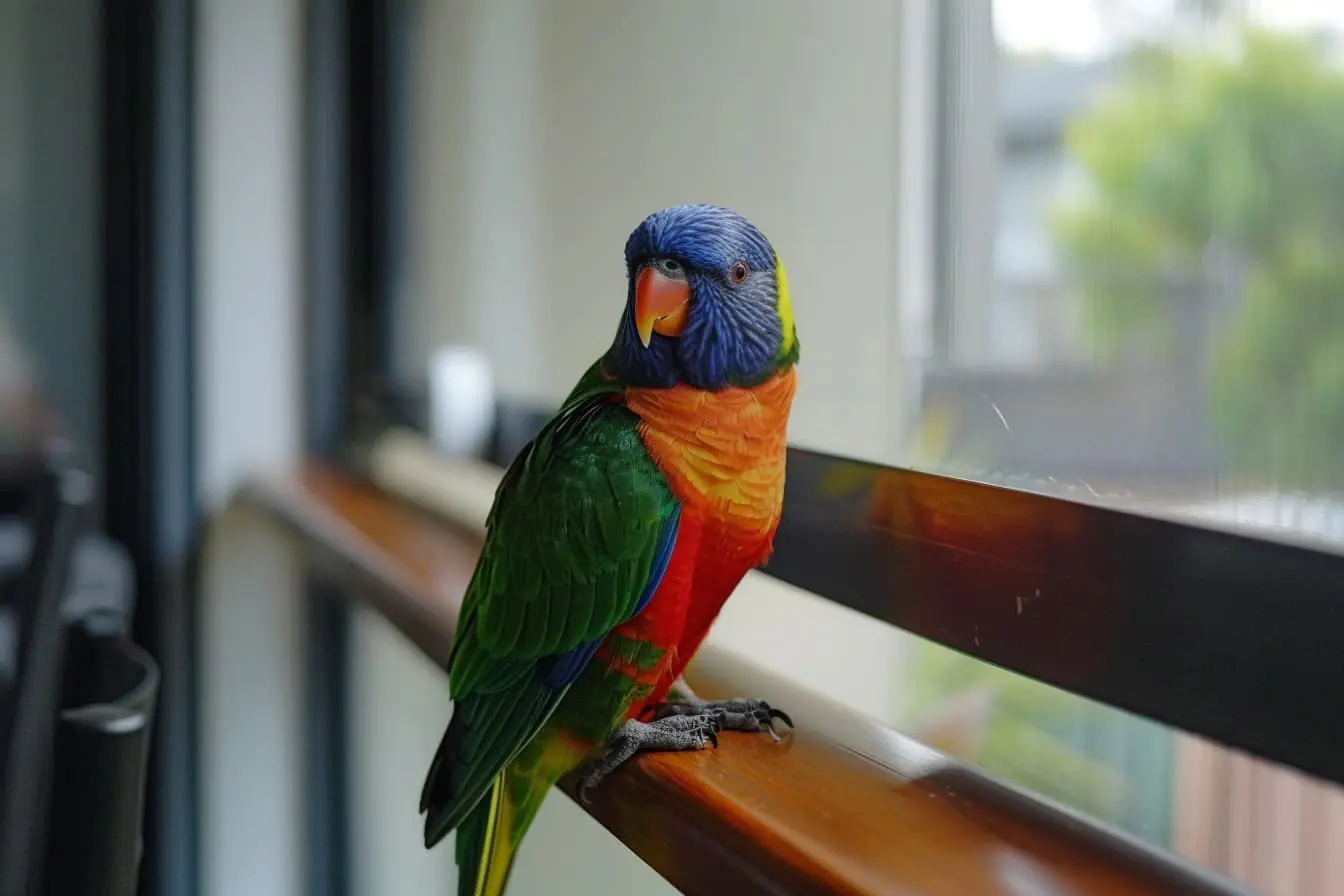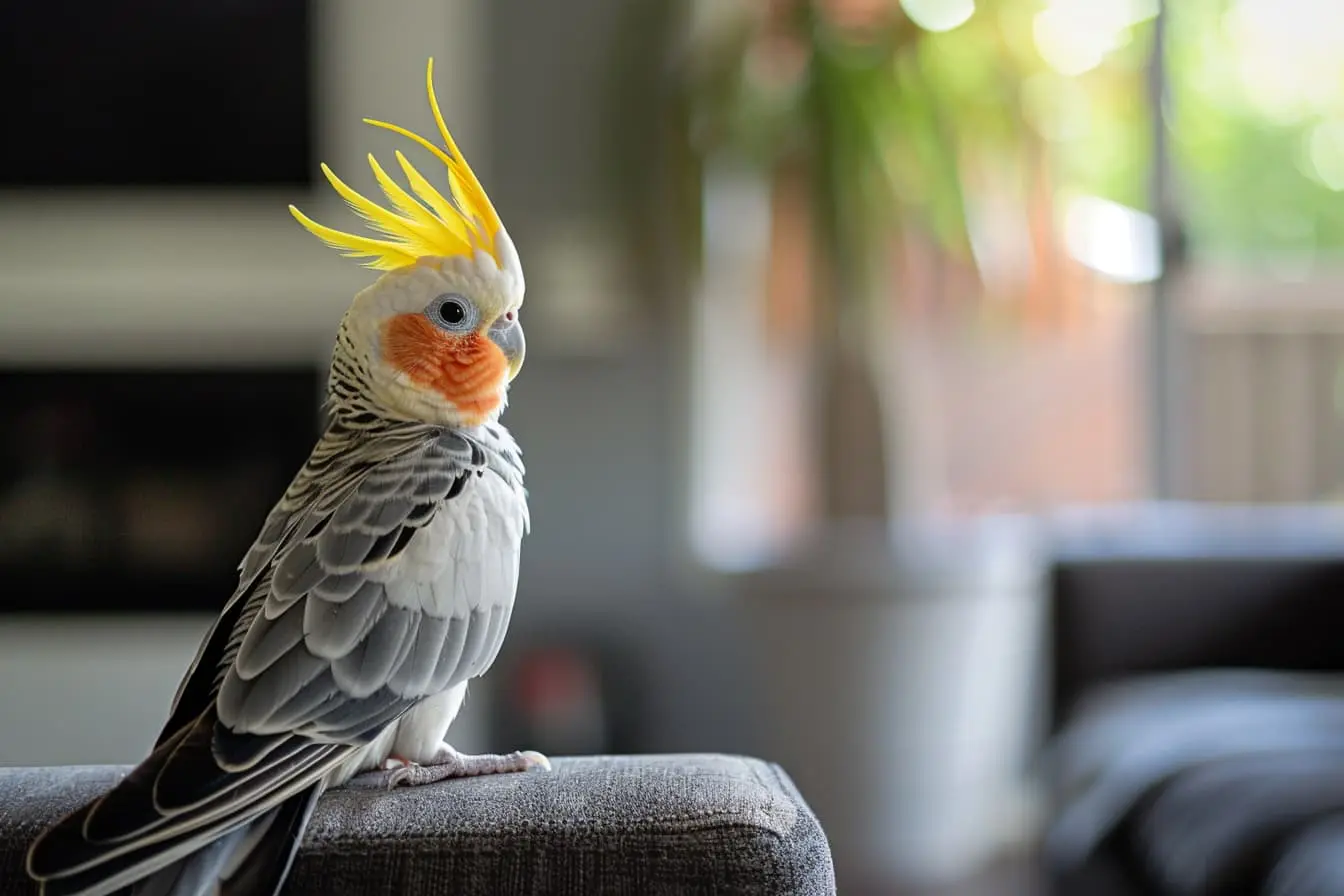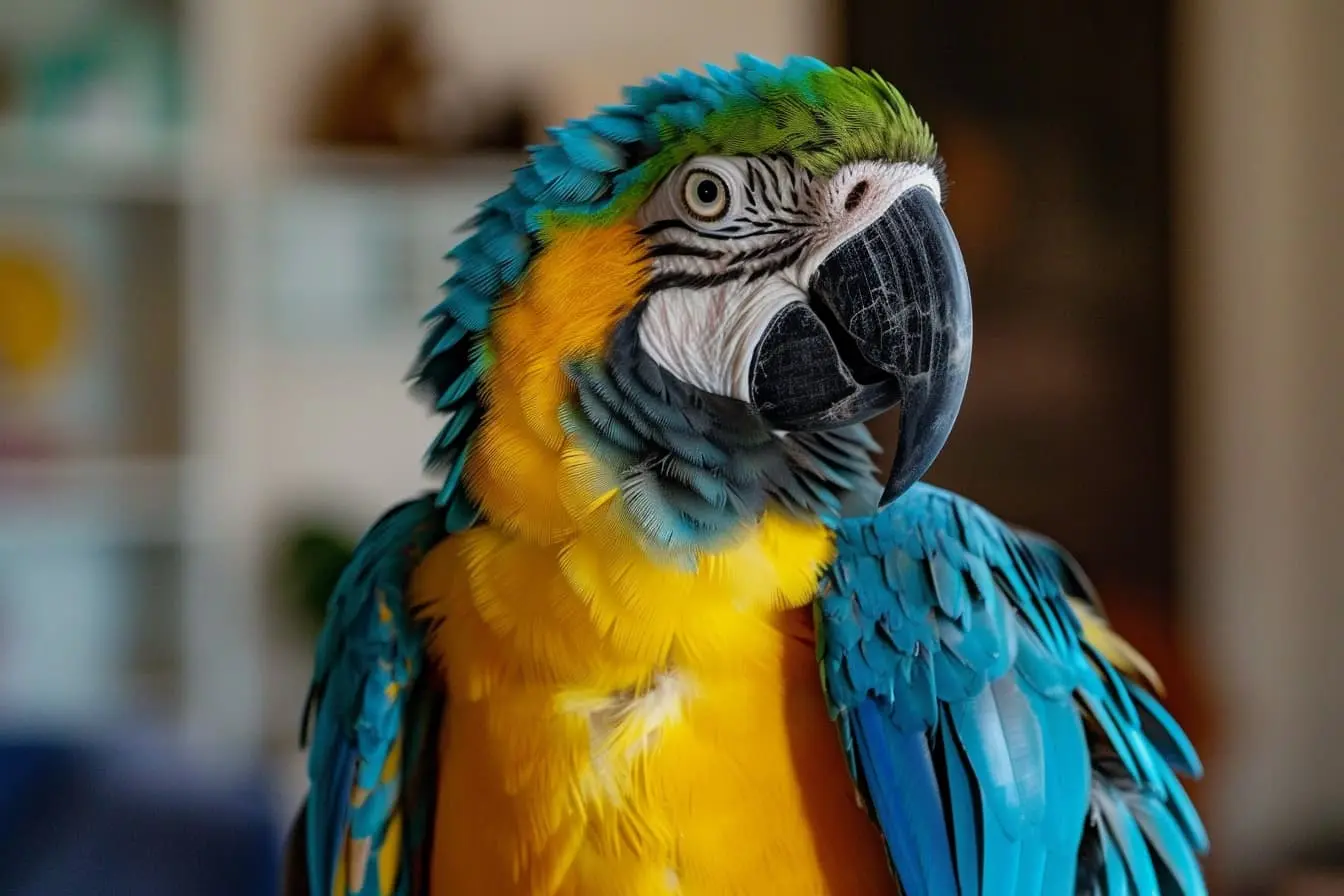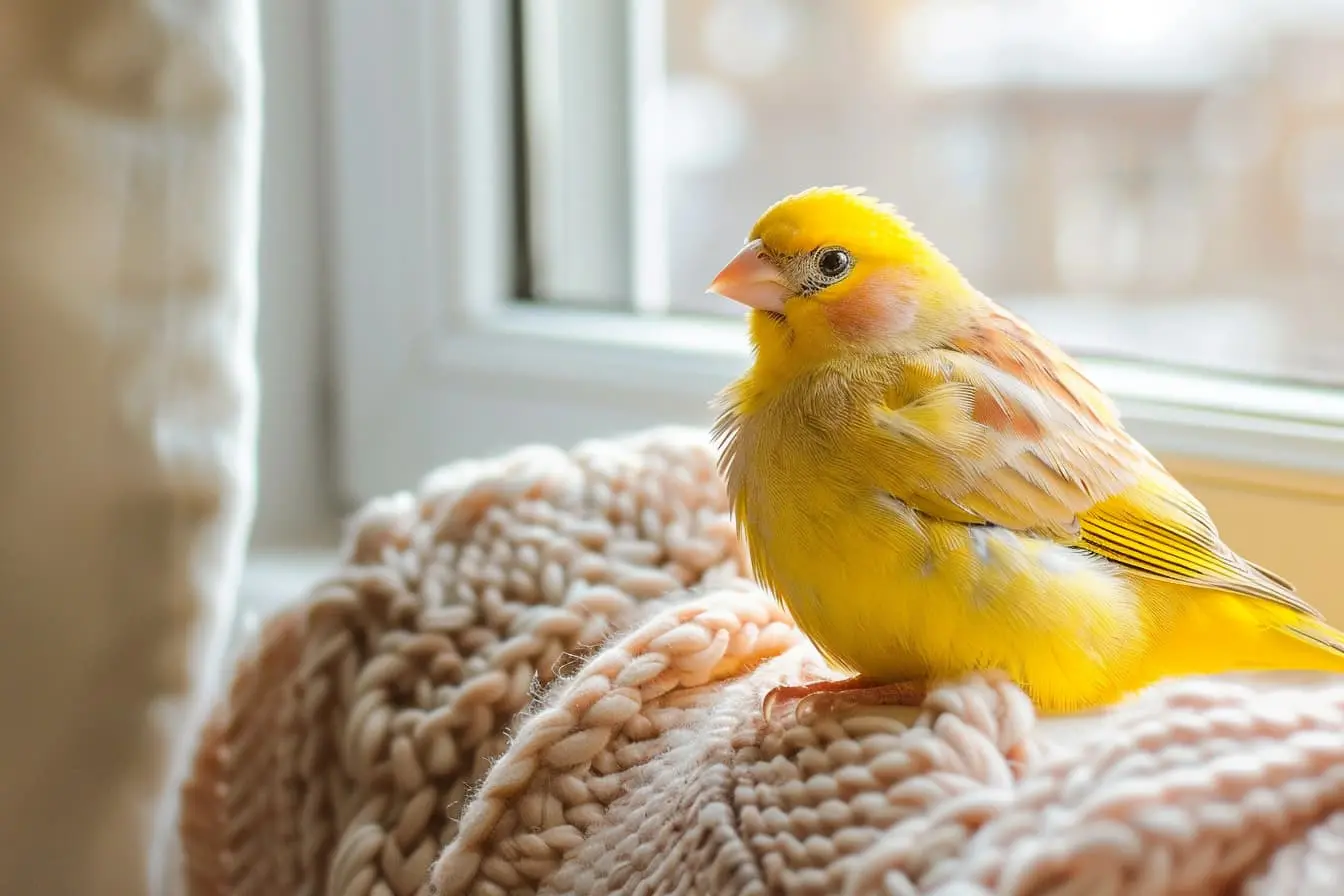
The Ultimate Guide to Owning a Canary
Canaries are one of the most cherished pet birds in the UK, beloved for their beautiful singing and vibrant colors. If you're considering adding a canary to your home, this guide will provide all the essential information to help you care for your new feathered friend. Canaries are relatively easy to care for but understanding their needs is crucial for ensuring they lead a happy and healthy life.
Choosing Your Canary
Where to Buy
- Reputable Breeders: Buying from a reputable breeder ensures that the birds are healthy and well-socialised.
- Pet Stores: Choose a pet store with clean, well-maintained enclosures and healthy-looking birds.
- Rescue Centres: Adopting a canary can be a rewarding experience, giving a bird a second chance at a loving home.
What to Look For
- Health: Look for a bird that is active and alert. The feathers should be bright and smooth, and the eyes clear and bright.
- Temperament: While generally not as interactive as parrots, canaries should still appear curious and responsive to their environment.
Preparing Your Home
Cage Requirements
- Size: Canaries need space to fly, so opt for a cage that is at least 24 inches long and 18 inches high. Longer cages are better than taller ones, as canaries fly horizontally.
- Placement: Keep the cage in a well-lit area but out of direct sunlight and drafts. A quiet corner in a living room or study is ideal.
- Setup: The cage should include multiple perches of different thicknesses to help exercise the canary's feet.
Essentials
- Toys: While not as necessary as for parrots, a few simple toys can help keep a canary entertained.
- Food and Water Dishes: These should be easy to access and clean.
Nutrition
Daily Diet
- Seeds: Seed mixes designed for canaries should form the basis of their diet, but be mindful of overfeeding.
- Pellets: These can be offered as part of a balanced diet to ensure your canary is getting all necessary nutrients.
- Fruits and Vegetables: Offer fresh greens and some fruits like apples in small amounts as a supplement to their diet.
Foods to Avoid
- Avoid avocado, chocolate, and any fruit seeds, as these can be toxic to birds.
Health and Maintenance
Regular Vet Visits
- Regular check-ups with an avian vet are essential to ensure your canary remains healthy.
- Signs of Illness: Watch for signs such as sitting at the bottom of the cage, puffed-up feathers, or changes in singing habits as they may indicate illness.
Daily Care
- Cleaning: Daily cleaning of the food and water dishes is essential, with more thorough cage cleaning weekly.
- Bathing: Provide a shallow dish of water a few times a week for bathing.
Social Interaction and Environment
Interaction
- Canaries are generally solitary and do not require social interaction with other canaries to be happy, which is ideal for owners looking for a lower-maintenance bird.
- They enjoy having a routine and will thrive in a stable environment where feeding and cleaning are done around the same time each day.
Training
- Canaries can be trained to sit on a perch or return to their cage but generally will not require or desire much training.
Environmental Stimulation
- Play soft music or canary song recordings to stimulate your canary, especially during the breeding season when they are most vocal.
Legal Considerations
Wildlife and Countryside Act 1981
- Ensure that any wild canaries are protected under the UK's Wildlife and Countryside Act. Domesticated canaries are generally exempt, but always check current regulations.
Conclusion
Owning a canary can bring a lot of joy and vibrant energy into your home. These birds are perfect for those looking for a pet that is beautiful to look at and listen to but does not require the intense interaction needed by other pet birds like parrots. By providing the right environment, diet, and care, your canary will thrive and be a cherished companion for years to come. Welcome to the delightful world of canary ownership!
Vets near you
Speciality vets
- Aquatics vet specialists
- Birds vet specialists
- Camelids vet specialists
- Cats vet specialists
- Cattle vet specialists
- Deer vet specialists
- Dogs vet specialists
- Equines vet specialists
- Exotic vet specialists
- Goats vet specialists
- Pigs vet specialists
- Poultry vet specialists
- Sheep vet specialists
- Small Mammals vet specialists
- Wild vet specialists
Vet facilities
- Accessible by public transport
- Blood testing
- Car park nearby
- Client car park
- Dentistry
- Diagnostic imaging
- Disabled public access
- Flea and worm treatments
- Microchipping
- Mobile services
- Neutering
- Open at weekends
- Out-of-hours service
- Referral interests
- Referrals only
- Street parking outside
- Toilets available
- Vaccinations
